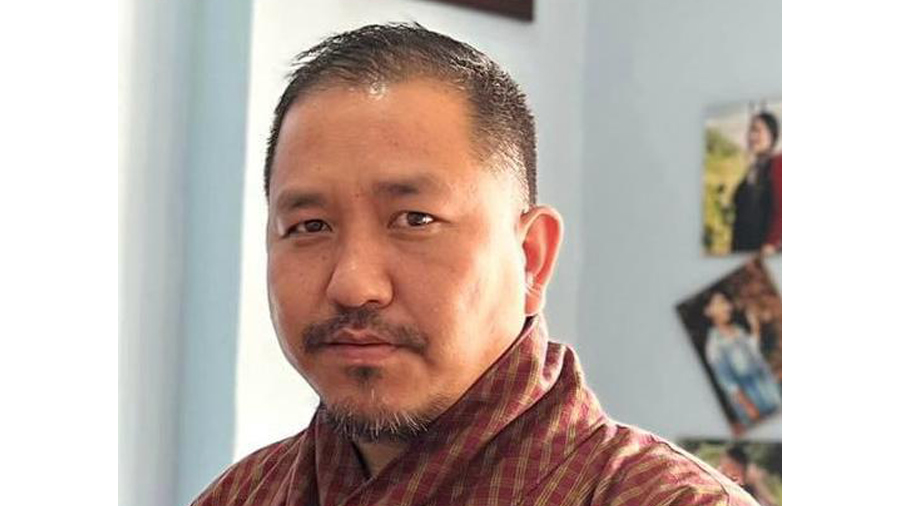 The Thimphu District Court’s criminal bench has sentenced 39-year-old Sonam Norbu, the founder of VTOB Foundation to nearly 15 years in prison for the voluntary manslaughter of 24-year-old Namgay Dolkar. The incident occurred in August last year, and the judgment was passed today. Although the Office of the Attorney General initially charged him with murder, the prosecution could not prove it due to insufficient evidence.
The Thimphu District Court’s criminal bench has sentenced 39-year-old Sonam Norbu, the founder of VTOB Foundation to nearly 15 years in prison for the voluntary manslaughter of 24-year-old Namgay Dolkar. The incident occurred in August last year, and the judgment was passed today. Although the Office of the Attorney General initially charged him with murder, the prosecution could not prove it due to insufficient evidence.
The court based its judgment on circumstantial evidence, including motive, events leading to the incident, post-incident behaviour and forensic findings imposed the maximum sentence for voluntary manslaughter: 14 years, 11 months, and 29 days of imprisonment.
Additionally, the court ordered Sonam Norbu to pay around 500,000 ngultrum for funeral expenses incurred by the victim’s family, in accordance with the Penal Code of Bhutan. He must settle the amount within the next month.
In August last year, the body of the deceased was found 500 metres downstream of Khariphu Bridge in Thimphu, a day after she was reported missing.
The police suspected foul play when the body was discovered with several bruises. Police arrested Sonam Norbu after finding out that he was the last person the deceased spoke to over phone before her disappearance. During police interrogation, he confessed to strangling the victim following an argument but claimed she later jumped off the bridge. The two were reportedly in a relationship.
According to the judgment, evidence of an illicit relationship between the duo showed that the deceased often threatened to expose their affair to the convict’s family and colleagues.
On the day of the incident, a heated argument ensued after the convict picked up the victim, leading to a violent altercation in which the convict strangled and smothered the victim under sudden passion and provocation.
The convict did not report the victim’s alleged suicide nor sought help, which weakened his innocence claim. Instead, he disposed of the body in a river during heavy rainfall, which suggested an attempt to conceal the crime. He misled investigators about the victim’s whereabouts, falsely stating that the victim might have traveled to Nepal.
Despite inconclusive forensic evidence regarding the cause of death, circumstantial factors pointed towards homicide rather than suicide.
Tashi Dekar
Edited by Kipchu








